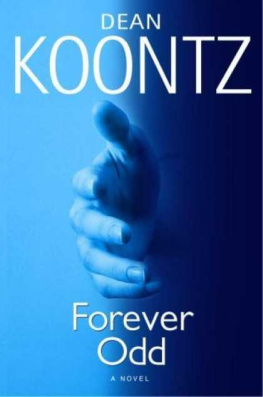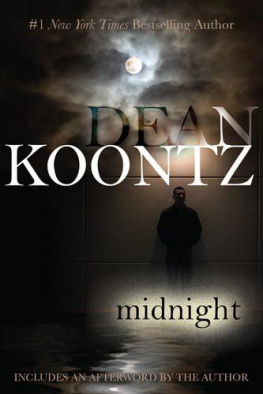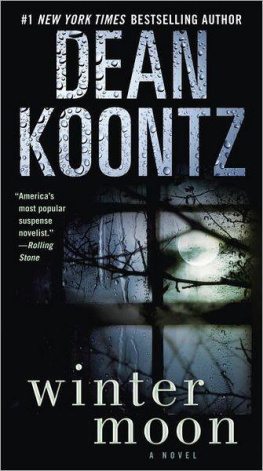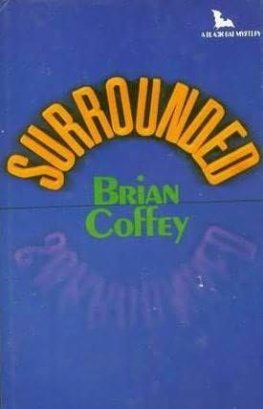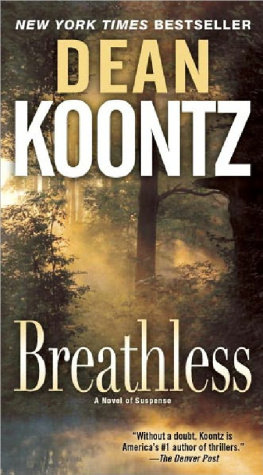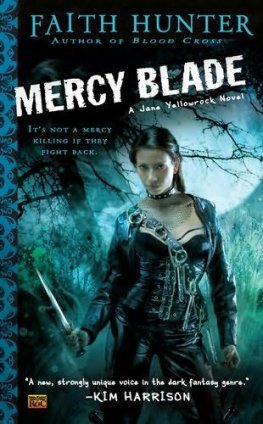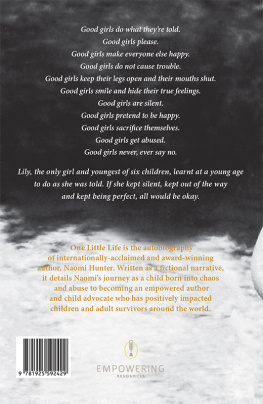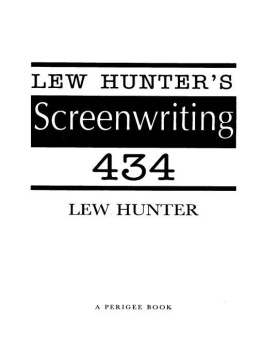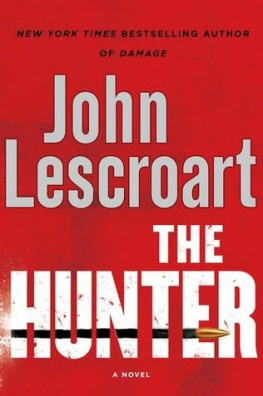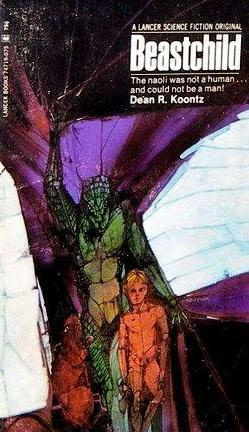BEASTCHILD IS FOR LISA TUTTLE
AND DANNY JENNINGS
AND JACK CORDES
AND FOR THE USPO WHICH INTRODUCED US
In his onyx-walled room in the occupation tower, Hulann, a naoli, had disassociated his overmind from his organic regulating brain. He removed it from all stimuli, including the cells of his memory banks, where it could not even dream. He slept the perfect death-like sleep that only his kind, in all the myriad worlds of the galaxy, seemed to be able to achieve.
The naoli? The lizard men? They're the ones who die every night, aren't they?
To Hulann in his sleeping state, there was no sound whatsoever. No light. No images of color, no heat or cold. If there was a taste upon his long, thin tongue, his overmind could not know. Indeed all the stimuli were so censored that there was not even darkness. Darkness, after all, represented only nothingness.
He could return to wakefulness in any one of three ways, though there was a decided order of preference among these methods. First, and most unpleasant, was his body's built-in danger alarm. If his regulating brain, the heavily convoluted organic portion of his mind, should discover something seriously amiss with his temporal shell, it would be able to contact and wake his overmind through a fail-safe system of seldom-used third-order nerve clusters. Such a contact would shock its own gray cortex opening the nether-world pocket in which the ethereal overmind sleeps. (Pause here for an anecdote or two. In a thousand places across the stars, stories are told which concern the naoli and the seriousness with which alcoholic beverages affect their "danger alarm" waking system. These stories are told in barrooms in port cities, down in the basements of questionable buildings that lease their rooms to even more questionable businessmen, or in sweet-drug centers on better looking but no more honest streets. It seems that while sweet-drugs bring only euphoria to the naoli, alcohol transforms them into bobbling, bouncing, scaly-tailed clowns who after half an hour of making total fools of themselves collapse into their death-sleep. They stretch out stiff as ice right on the floor. In some less reputable establishments (which is to say most of these places) the other patrons make great sport out of carrying the unconscious lizard men to odd places like garbage bins and ladies' washrooms and letting them there to wake. This damages nothing but the naoli's ego. A far more nasty pastime among these same drunken buffoons is to see how far they must go to trigger the naoli's "danger alarm" system. But the alarm is stupefied by alcohol and does not work well. The stories you hear later are about naoli lying there with their webs sizzling, not even twitching in response. Or of a naoli with fifty pins stuck in its legs, sleeping peacefully while its heavy blood seeped out through its tough gray skin. Naoli's do not often drink liquor. When they do, it is usually alone. They are not a stupid race.) Much less unpleasant but still not desirable, a naoli could come awake if the Phasersystem had something to tell him. That could, of course, be anything from urgent news to another spate of propaganda from the central committee. More often than not, it was the latter.
Finally, and best of all, the overmind could awake of its own accord. Before retiring into the nether-world, the overmind could plant a suggestion with a time-trigger. Then, ten or eight, or fifteen or twenty hours later, it would click into consciousness with the clarity of a tri-dimensional screen being turned on.
This morning, Hulann, a naoli archaeologist among the thousands in the occupation forces, was tuned into the real world by the second of these three methods, the Phasersystem.
One moment: Nothingness.
Then: Color. Crimson to bring total wakefulness. Rouge to indicate psychological conditioning period (i.e. propaganda). Then amber to soothe jangled nerves.
Finally: Three-dimensional, total-sensory visions of the Phasersystem, fed directly into the organic brain and translated by the now functioning overmind.
In the Phaserdream, Hulann was in a thick forest of strange, dark trees whose criss-crossing arms and broad, black-veined leaves thatched a roof that thrust back the sun. Only fine rays of peach light filtered through to the wet, rustling, musty floor of the place. These were soon dissipated, for there was nothing here from which they might be reflected. The surface of each growth was dull, filmed with a mucous-like substance of a uniform gray-, brown color.
He was on a narrow, winding path. Each step he took down this trail only isolated him farther from whatever place he had begun his journey, for the tangled mass of vegetation flourishing on the forest bottom closed in behind him as swiftly as he advanced. There was no going back.
There seemed to be things hiding in the trees, He moved on.
Eventually, the trail began to narrow. Vines, stalks, and ropy roots, pressed closer, closer, until he could no longer walk without the chilling touch of the cold, slimy life forms.
He tucked his tail between his legs, wrapping it around his left thigh in the age-old reaction to danger, to the unknown, to that which made the scales of the scalp tighten and ache.
To the naoli, a voice chanted monotonously from nowhere, the human mind was unfathomable.
Still, the forest closed in on him. He could almost see it moving.
The things in the swaying trees whispered to one another.
They were whispering about him.
To the human, the same voice said, the naoli mind was equally mysterious.
Yes, definitely, something was moving in the trees. In several places, simultaneously, he caught a shivering, shimmering, rippling action. He was not certain whether he was seeing the movements of a dozen creatures spread along his flank or whether one was being hidden behind the trunks and the leaves, watching.
The confrontation, the chanter chanted, was an inevitability. It was clear that the naoli had to move first in order to protect its very future.
Now, the trail had ceased to exist. Ahead, there was only dark vegetation. It seemed to writhe.
He looked behind. The trail had closed.
The naoli met the aliens.
Hulann saw that the small, bare circle where he stood was rapidly being encroached upon by the eerie fungus-like vines. A tentacle of green slithered over his foot, making him leap in surprise.
The naoli saw the danger.
The forest reared up, snaring him with its chlorophyl ropes. He found his arms pinned at his sides by clutching leaves. Roots had grown up one side of his feet, across them, down the other side and into the earth again. He could not move.
The movement of the things in the trees came closer.
He tried to scream.
If the naoli had not acted, the voices saidThe things in the trees sprang, great dark shapes leaping onto him, engulfing him, chilly, wet things with fog for eyes and fingers that touched the insides of his over-mind, squeezing the warmth out of it the naoli would have died! The voice finished.
And Hulann died. The dark beasts sucked away his warmth, and he slipped out of his body forever.
There was a moment of intense blackness. Then the Phasersystem began to feed colors to him again, as it was feeding to nearly all the naoli on the occupation force. Amber to soothe the nerves again. Then blue to engender a sense of pride and fulfillment.
Then the last stage of the psychological conditioning/ propaganda began. The questioning to determine fitness:
Why did the naoli strike first?
Hulann's overmind replied and was monitored by the main computer behind the Phasersystem. "For survival of our race."
Why did the naoli strike so completely?
"The human race was tenacious, ingenius. If the naoli had not been thorough, the human race would have grown, regrouped, and destroyed the naoli forever."


